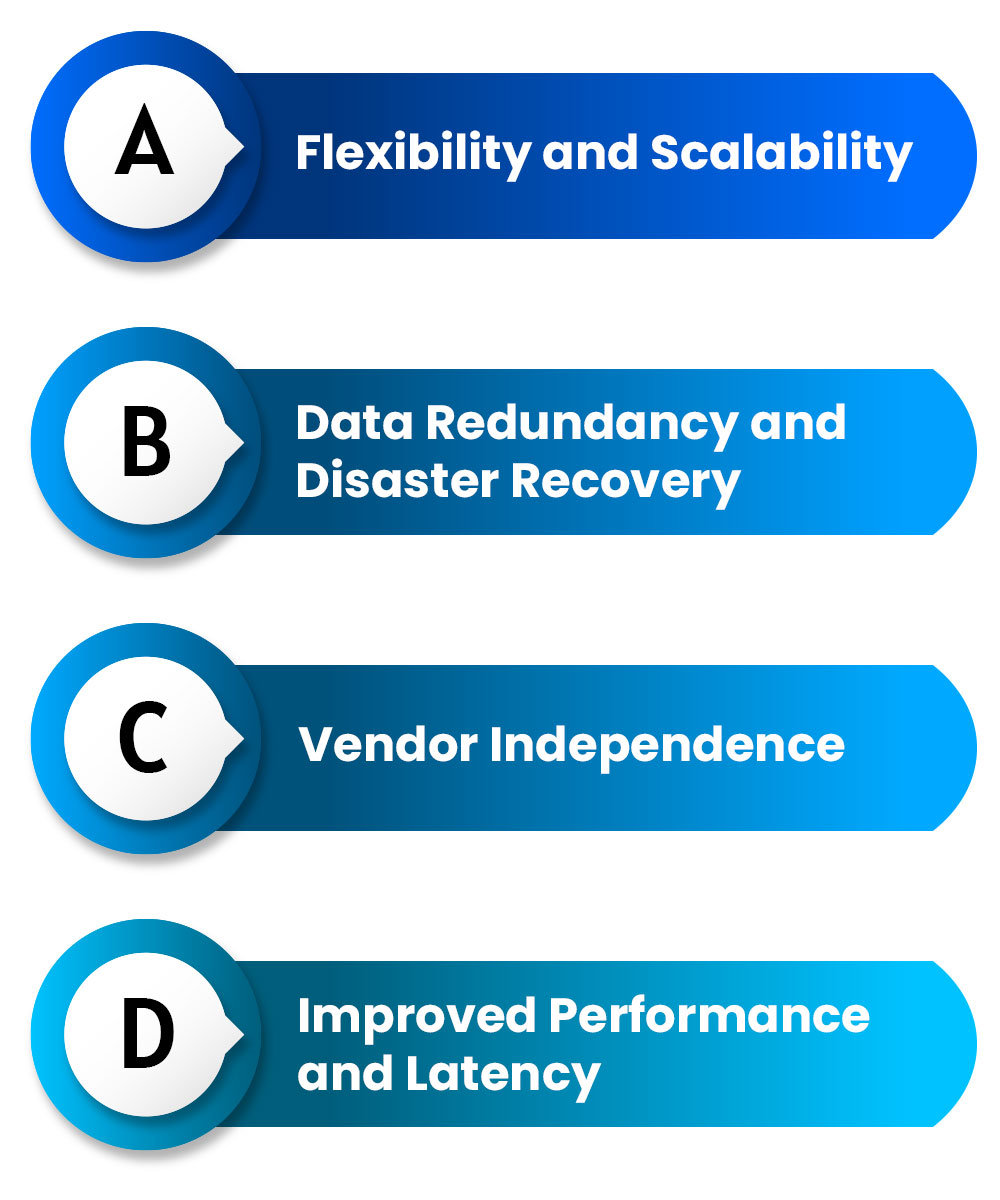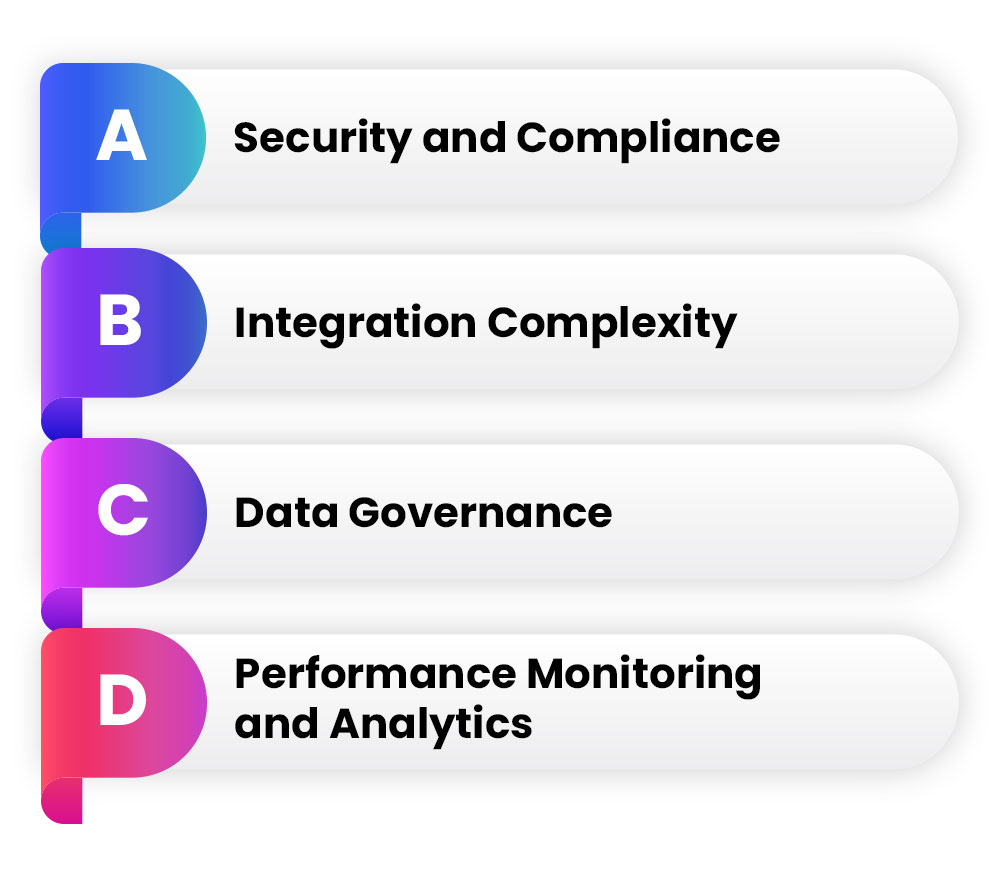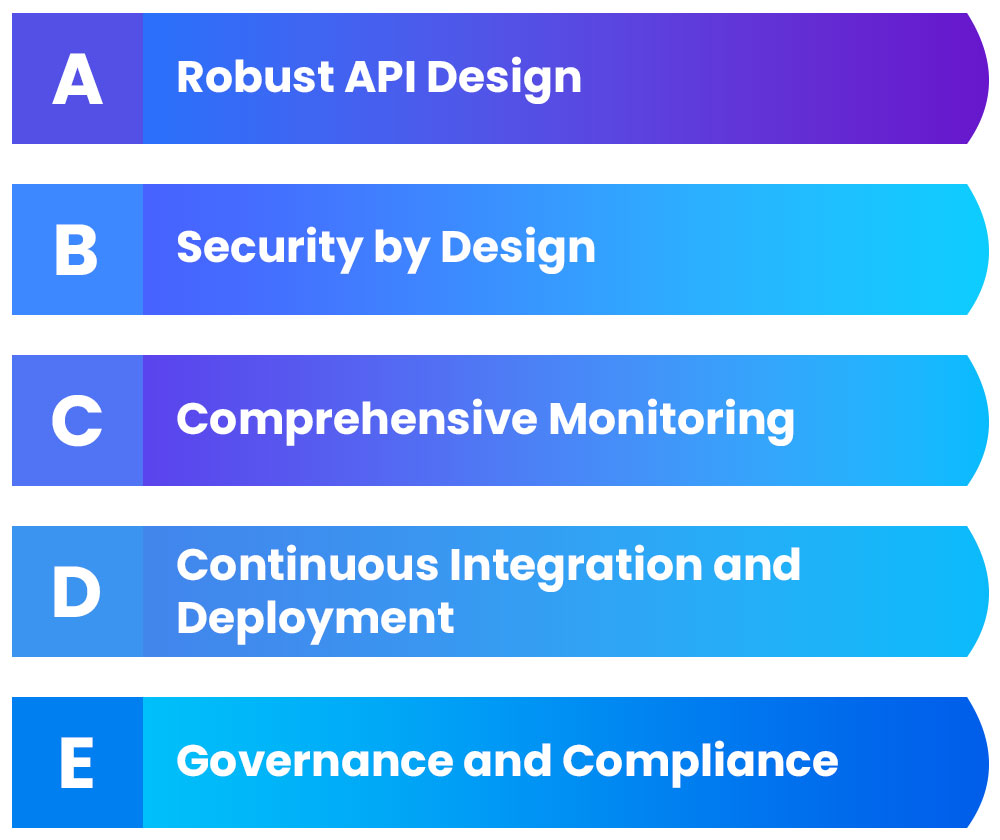About Hybrid and multi-cloud API Architectures
Understanding Hybrid & Multi-Cloud API Architectures
A hybrid cloud architecture combines on-premises infrastructure with public and/or private cloud services, allowing organizations to leverage the benefits of both environments. On the other hand, a multi-cloud approach involves the use of multiple cloud providers for various business functions. Both architectures offer unique advantages, such as enhanced flexibility, data redundancy, and cost optimization. However, with diverse cloud platforms and on-premises systems, integrating and managing business processes can become complex.
APIs act as the connective tissue in these distributed IT environments, enabling seamless communication and data exchange between different systems, applications, and cloud platforms. By combining hybrid and multi-cloud architectures with API management capabilities, organizations can create a unified and interoperable ecosystem that streamlines data flows and optimizes business processes.
The Role of API Management in Hybrid & Multi-Cloud Integration
API management plays a crucial role in hybrid and multi-cloud integration. It acts as an intermediary layer that governs the interactions between various components in the architecture. API management solutions offer a range of capabilities, including API design, security, monitoring, versioning, and analytics, which are instrumental in ensuring seamless communication and data exchange across the distributed IT environment.
With API management, organizations can standardize APIs, enforce security measures, and gain valuable insights into API usage patterns. Additionally, it enables the reusability of APIs, reducing development efforts and fostering a more agile approach to integration. By unifying API management with hybrid and multi-cloud architectures, organizations can achieve better control, visibility, and governance over their entire ecosystem.
Advantages of Hybrid & Multi-Cloud API Architectures
- Flexibility and Scalability: Hybrid and multi-cloud architectures offer unparalleled flexibility, allowing organizations to choose the most suitable cloud platform for specific business functions. This flexibility extends to scaling resources up or down based on demand, optimizing cost-efficiency, and ensuring optimal performance.
- Data Redundancy and Disaster Recovery: With data spread across multiple cloud platforms and on-premises systems, the risk of data loss due to system failures is mitigated. This redundancy also enhances disaster recovery capabilities, ensuring business continuity in the face of unforeseen events.
- Vendor Independence: Embracing a multi-cloud strategy reduces dependency on a single cloud provider, mitigating the risks associated with vendor lock-in. Organizations can select the best services and pricing models from different cloud providers, optimizing their cloud investments.
- Improved Performance and Latency: By strategically distributing workloads across various cloud environments, organizations can improve application performance and reduce latency for end-users.

Challenges of Hybrid & Multi-Cloud API Architectures

- Security and Compliance: Handling sensitive data across distributed environments demands robust security measures. Organizations must implement strong access controls, encryption, and compliance frameworks to safeguard data and maintain regulatory compliance.
- Integration Complexity: Integrating diverse systems and applications from different cloud providers and on-premises environments can be complex and time-consuming. A well-defined API management strategy is crucial to address integration challenges effectively.
- Data Governance: Managing data across multiple platforms requires a comprehensive data governance strategy to ensure data quality, consistency, and compliance.
- Performance Monitoring and Analytics: Monitoring the performance of APIs and applications in a hybrid and multi-cloud environment is essential to identify and resolve bottlenecks. Organizations should leverage API analytics to gain insights into usage patterns and optimize resource allocation.
Best Practices for Hybrid & Multi-Cloud API Architectures
- Robust API Design: Adopt a standardized approach to API design, ensuring consistency and reusability across different cloud platforms and systems.
- Security by Design: Implement stringent security measures at every stage of API development and deployment, including authentication, authorization, and encryption.
- Comprehensive Monitoring: Utilize advanced monitoring tools to track API performance, detect anomalies, and optimize resource utilization.
- Continuous Integration and Deployment: Embrace CI/CD practices to streamline API development and deployment, ensuring faster time-to-market and continuous improvement.
- Governance and Compliance: Establish a robust data governance framework to ensure data integrity, compliance, and data lifecycle management.

Conclusion
Hybrid and multi-cloud API architectures offer a powerful solution to the challenges posed by distributed IT environments. By integrating API management capabilities into these architectures, organizations can unify business functions, streamline data exchange, and optimize processes across diverse cloud platforms and on-premises systems.
The flexibility, scalability, and cost-efficiency of hybrid and multi-cloud architectures, combined with the governance and control provided by API management, empower organizations to leverage the full potential of cloud computing while ensuring data security and compliance. As businesses continue to embrace digital transformation, hybrid and multi-cloud API architectures will remain pivotal in creating agile, interconnected ecosystems that drive innovation and sustainable growth.
You can contact us or email us directly at [email protected] for any query.






